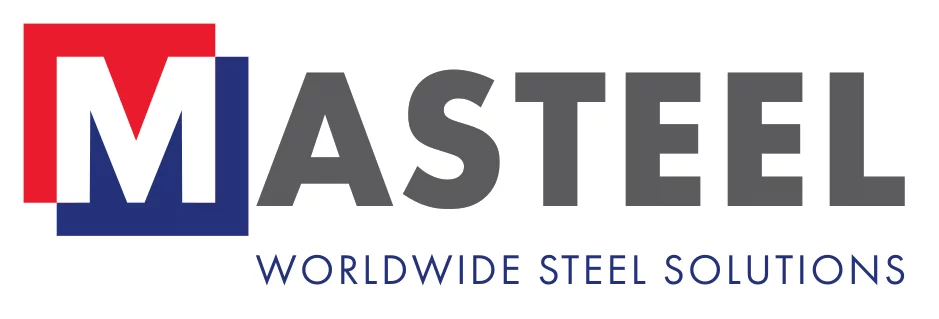Military engineering, the backbone of defense and security technologies, is perpetually evolving, driven by advancements in materials science. A key player in this progression is the S960QL (1.8933) alloy, a high-strength structural steel revolutionizing how military equipment is built and maintained. This blog delves into the properties of S960QL, its applications in military engineering, and the future implications of its use.
Properties of S960QL (1.8933) Alloy
S960QL, or 1.8933, is a high-yield strength, quenched and tempered steel alloy. This material offers several distinct properties:High Strength-to-Weight Ratio: S960QL boasts an exceptional strength-to-weight ratio, essential for military applications where weight reduction without compromising strength is critical.Enhanced Durability: The alloy demonstrates superior durability, withstanding extreme environmental conditions, pivotal in diverse military operations.Weldability and Formability: Despite its high strength, S960QL maintains good weldability and formability, allowing for versatile applications in complex military designs.
Applications in Military Engineering
Armoured Vehicles
One of the most significant applications of the S960QL alloy is in constructing armoured vehicles. Traditional armoured vehicles often face a trade-off between protection and mobility. Heavier armour provides better protection but at the cost of reduced speed and manoeuvrability, which are crucial in modern warfare scenarios. The S960QL alloy addresses this issue with its high strength-to-weight ratio. This means vehicles can maintain or improve their protective capabilities without the added weight, thus enhancing their speed and manoeuvrability. This advancement is not just a matter of efficiency; it directly translates to improved survival chances in hostile environments.
Aircraft and Naval Vessel Structural Components
The S960QL alloy is pivotal in constructing aircraft and naval vessels in aerospace and naval engineering. The extreme conditions that military aircraft and ships endure require materials that can withstand high stress, pressure, and variable weather conditions. S960QL’s enhanced durability makes it ideal for critical structural components like frames and hulls. Its resistance to wear and tear extends the service life of these vehicles, reducing maintenance needs and ensuring readiness. Furthermore, the lightweight nature of this alloy allows for the design of more agile and faster aircraft and vessels, a crucial factor in many military operations.
Weapon Systems
The application of S960QL extends into the realm of sophisticated weapon systems. Modern military operations often rely on precision, where the durability of the components can be the difference between success and failure. Parts made from S960QL are capable of withstanding high-stress environments typical in weapon systems, ensuring reliability and accuracy. This reliability is crucial in offensive capabilities and defensive systems where failure is not an option. The alloy’s strength and durability mean that it can be used in various components, from missile structures to the intricate parts of firearms, enhancing the overall effectiveness of these systems.
Future Implications in Military Engineering
The integration of S960QL into military engineering heralds significant future developments:
- Enhanced Mobility and Efficiency: Using lightweight, high-strength materials like S960QL can lead to more efficient and agile military units, crucial for modern warfare tactics.Increased
- Survivability: Enhanced protection through stronger materials could lead to increased survivability of both personnel and equipment in combat scenarios.
- Sustainable Military Engineering: The durability of S960QL could contribute to more sustainable military engineering practices, reducing the need for frequent replacements and repairs.
- Innovation in Design: The flexibility and strength of S960QL encourage innovative designs in military technology, potentially leading to breakthroughs in equipment and strategy.
How Can S960QL Alloy Meet Your Military Engineering Needs?
As a leading supplier of high-strength structural steel, Masteel is at the forefront of offering solutions for the evolving needs of military engineering. Our focus on S960QL (1.8933) alloy is driven by its remarkable properties and the growing demand for advanced materials in defense technologies.At Masteel, we recognize the critical role materials play in military engineering. The S960QL alloy’s excellent strength and bending and welding capabilities align well with the demands of military applications. These characteristics are crucial for constructing military vehicles, aircraft, naval vessels, and other defense equipment that require materials capable of withstanding extreme conditions while maintaining structural integrity.
Explore how S960QL can enhance your projects, offering a combination of strength, durability, and versatility that is essential in the modern military landscape.
